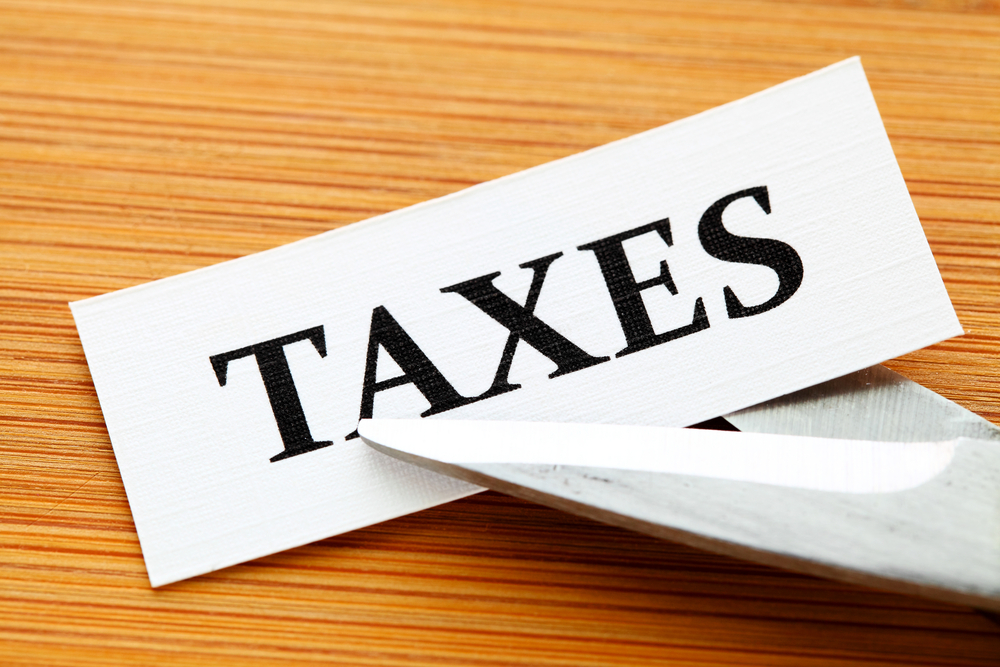
MANILA – Just how many Canadians will benefit from the middle-income tax cut proposed by the Liberals?
In the proposed cut, Canadians with taxable annual income between $44,701 and $89,401 annually will be taxed 20.5 percent from the previous 22 percent.
To compensate the new tax cut, the government will then introduce a new federal tax rate of 33 percent from the previous 29 percent for high-income individuals who earned more than $200,000 per annum.
Although seemingly a good proposal, all those earning below $45,000 will be excluded – which comprised majority of the tax payers as shown by the most recent tax filing data and income statistics from the Canada Revenue Agency.
Of the 26.7 million tax returns filed in the 2012 data, 66 percent or 17.6 million of them earned below $45,000, while only nine million had income above $45,000 and even fewer top earners.
In a New Statistics Canada data, the top one percent of high-income earners or those who earned around $222,000 or more annually were only 264,030 of the millions of taxpayers.
‘Excessively taxing the talent’
Craig Alexander and Alexandre Laurin of the C.D. Howe Institute argued in a report that the Liberal’s proposal was ‘at odds with the desire for more entrepreneurial activity’ and feared that the people ‘run the risk of a brain drain and the risk of being less able to attract foreign talent.’
“It is also likely that high-income taxpayers will respond to the tax-rate change in ways that reduce tax receipts,” the
Alexander and Laurin also asserted that ‘excessively taxing the talent that fuels a more innovative, creative and successful economy is ultimately self-defeating.’
The government, for their part, believed that the new tax cuts will bring in about $3.4 billion in the next two years but admitted that this projection may be lower and only reach $600 million as ‘high earners may attempt to use tax planning strategies to avoid higher taxes.’
Alexander and Laurin, however, expected the revenue loss to be higher and urged the government to ‘and ‘find the most efficient structure of the tax system that generates the needed taxes while also fostering growth and job creation’ and look for ways to… increase the income pie so there would be more fiscal room to maneuver.’